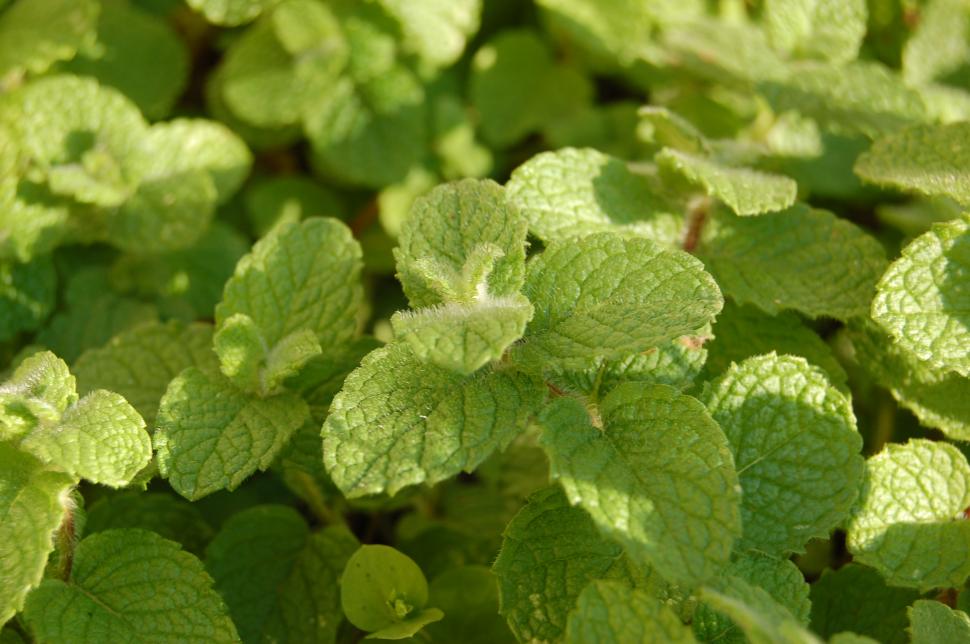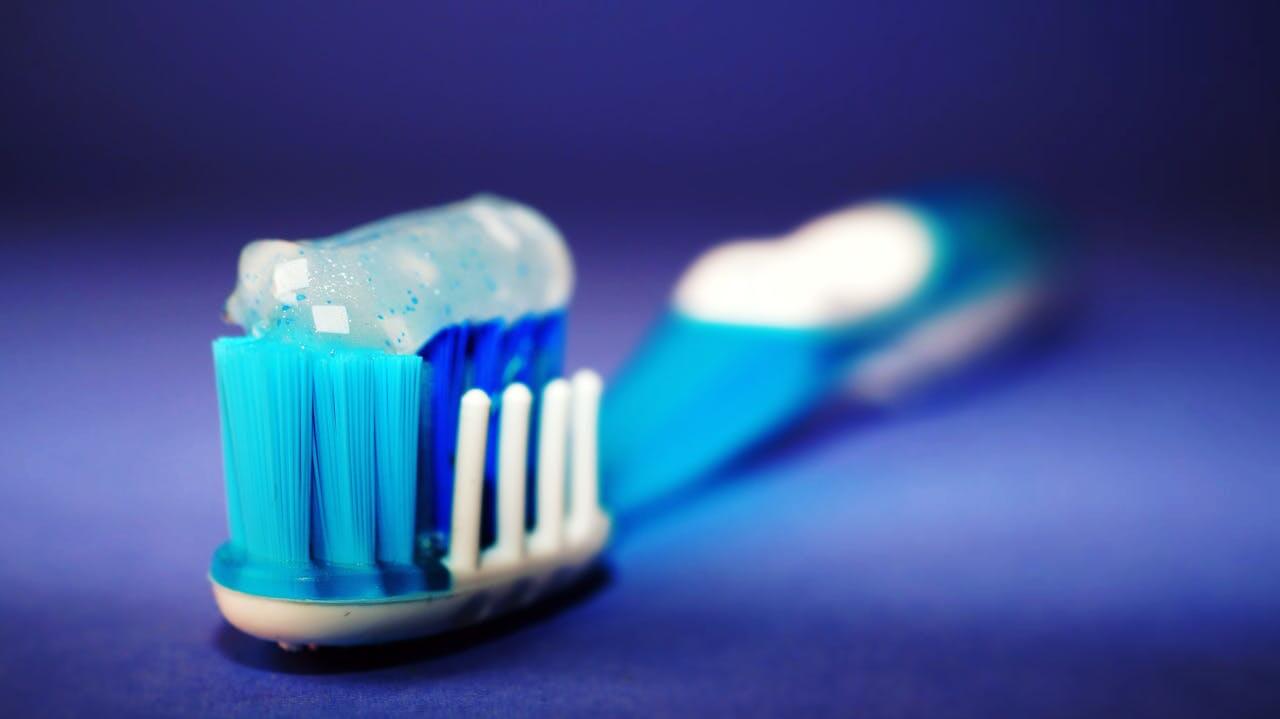Toothache is a pain in or around teeth and jaws. It can be mild or severe pain, but a Natural cure for toothache can minimize or relieve the pain.
Toothache can result from infection, inflammation, and decay in teeth or gums. It causes an uncomfortable feeling; it makes you unable to eat or drink well.
A natural cure for toothache is usually available at home. Other ingredients such as plants, herbs, and oils are available at health food stores or online.
Simple natural cure for toothache
It is a simple ingredient that is easily available at home.
A cold compress or ice pack
It is useful in case of injury or swollen gums. You can put an ice pack on the cheek above the painful tooth for a few minutes.
It causes the blood vessels to constrict in the affected area. This can help numb the pain or make pain less severe. It also reduces any swelling and inflammation.
Repeat it every few hours!
Saltwater mouthwash
It is the most common natural cure for toothache. It is a natural disinfectant and it can help loosen food particles that are stuck in between teeth. It can also reduce inflammation and heal any oral wounds.
It is an easy natural cure for toothache as you add half a teaspoon of salt into a glass of water and use it as a mouthwash.
Baking soda (sodium bicarbonate)
It has anti-inflammatory and antibacterial properties. It can relieve pain and swelling. It can limit bacteria by neutralizing acids in the mouth.
You can use it by mixing two teaspoons of baking soda with warm water and applying it to the affected area.

Plants and herbs used as a natural cure for toothache
Some ingredients are available at home and others may need to buy from health food stores or online.
Garlic
It is an ancient natural cure for toothache method. It has an antibacterial effect as it can kill harmful bacteria that cause dental plaque. It can also relieve tooth and gum pain at home.
To use garlic on a toothache, crush the garlic with clove to make a paste, then apply it to the affected area.
Cinnamon
It has antibacterial and anti-inflammatory properties. It can also reduce the risk of fungal infection.
You can chew or suck cinnamon sticks or you can make a paste by mixing one teaspoon of cinnamon with five teaspoons of honey and applying it to the affected or achy area.
Guava leaves
Guava leaves have antibacterial and anti-inflammatory effects that can help heal wounds.
You can use this natural cure for toothache as a mouthwash by adding crushed guava leaves to boiling water.
Wheatgrass
It has anti-inflammatory effects and immune-boosting properties. It contains many nutrients that can help to fight bacteria.
You can drink wheatgrass or use it as a mouthwash.
Peppermint leaves
Peppermint leaves have antibacterial properties that help kill germs that cause dental plaque and lead to bad breath.
It contains several essential oils including menthol, menthone, and limonene. Menthol has cooling properties and a recognizably minty scent. So it can improve your breathing.
Peppermint tea bags
Peppermint tea bags can be used as a natural cure for toothache to numb pain and soothe sensitive gums. This method is used to cool the affected area rather than warm it.
You can put a used tea bag in the freezer for minutes to chill it and then apply it to your tooth.
Vanilla extract
It contains alcohol so it can help numb the pain. It also has antioxidant effects which makes it an effective healer.
You can put a few amounts of vanilla extract on your finger or cotton then apply it to the affected area a few times daily.
White willow bark
It contains salicin which is a compound similar to acetylsalicylic acid in aspirin, so it has an analgesic effect. As aspirin, it shouldn’t be used in children.
You can apply it to the gums as a paste to relieve the pain.
Toothache plant
It is a flowering plant that grows in tropical and subtropical regions. Spilanthol is an active compound that has an anti-inflammatory effect. It has a numbed sensation when chewed.
This plant is safe but you shouldn’t use it if you are allergic to plants according to family history, drink alcohol, use diuretics, or are pregnant.

The best natural cure for toothache
Clove oil
The oil in the clove numbs the pain and reduces the inflammation. It also contains eugenol which is a natural antiseptic and pain reliever.
To use clove as a natural cure for toothache, dilute clove oil with a carrier oil like jojoba oil. Then put a small amount of the diluted oil onto a cotton and apply it to the affected area a few times a day.
You can also use it as a mouthwash by adding a drop of clove oil to a small glass of water.
Thyme oil
It has antibacterial and antioxidant properties, that can help to treat toothaches.
You can use it by diluting thyme oil with a carrier oil. Then put a small amount of the diluted oil onto a cotton and apply it to the affected area a few times a day.
You can also use it as a mouthwash by adding a drop of clove oil to a small glass of water.
Hydrogen peroxide
It has antibacterial and anti-inflammatory effects. It can also reduce plaque and heal bleeding gums.
You can use it by mixing 3% hydrogen peroxide with equal parts water and use it as a mouthwash. Take care and don’t swallow it, as it is unsafe.
Apple cider vinegar
It has antiseptic and anti-inflammatory properties, it can remove dental plaque and reduce gingivitis which leads to pain. It's also used in tooth whitening.
You can simply dip a cotton ball in the vinegar and apply it to the affected area.

How to prevent a toothache
You can prevent toothaches by following good oral hygiene. Brush your teeth twice daily for two minutes at least. You can also use mouthwash.
In case of cracked teeth or broken teeth, you must visit your dentist.
Summary
Toothache is a pain in or around teeth and jaws. Once you feel any toothache, use the natural cure for toothache. It will help you relieve any pain, swelling, or other symptoms.
If symptoms persist for more than one or two days and toothache becomes more serious, it may require dentist interventions.


You must be logged in to post a comment.